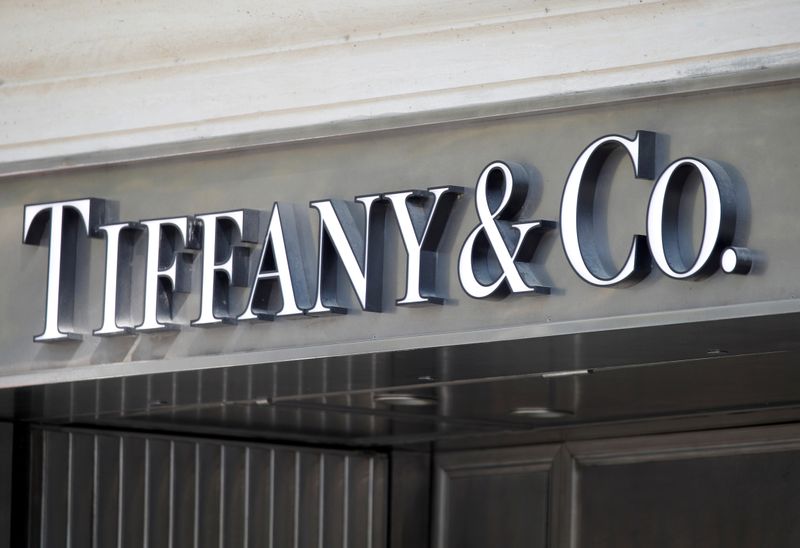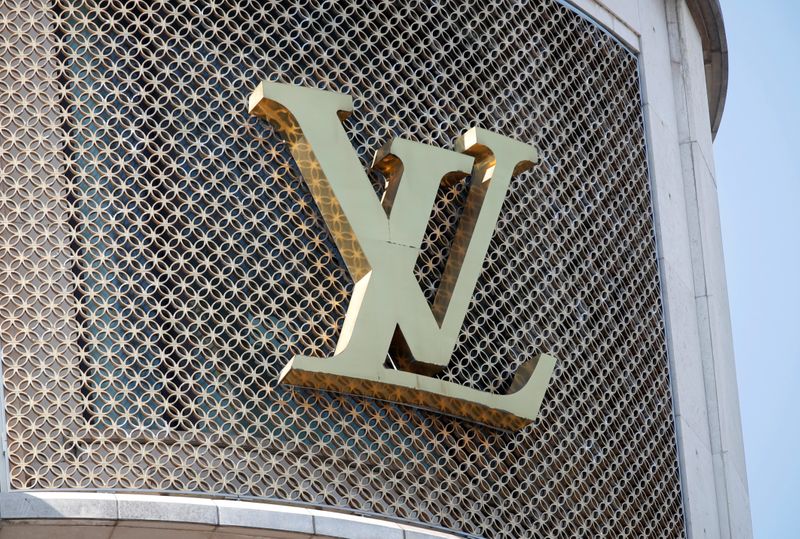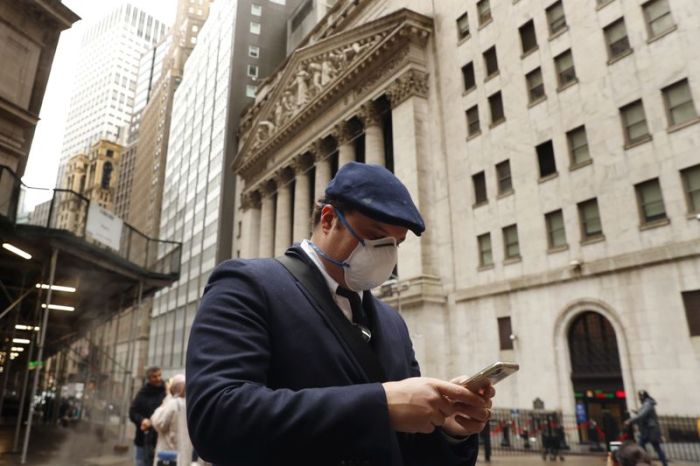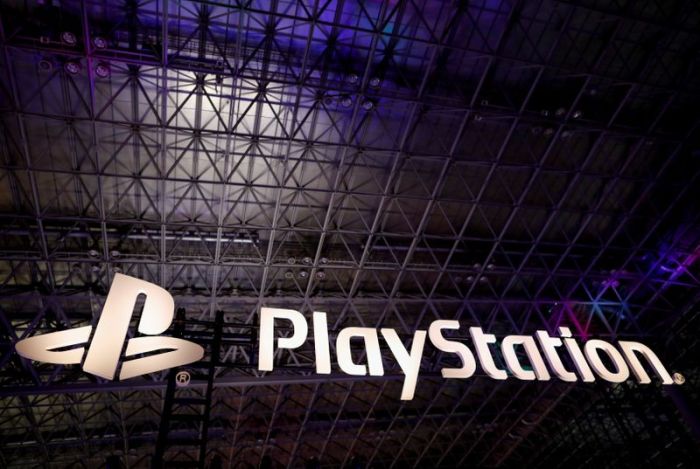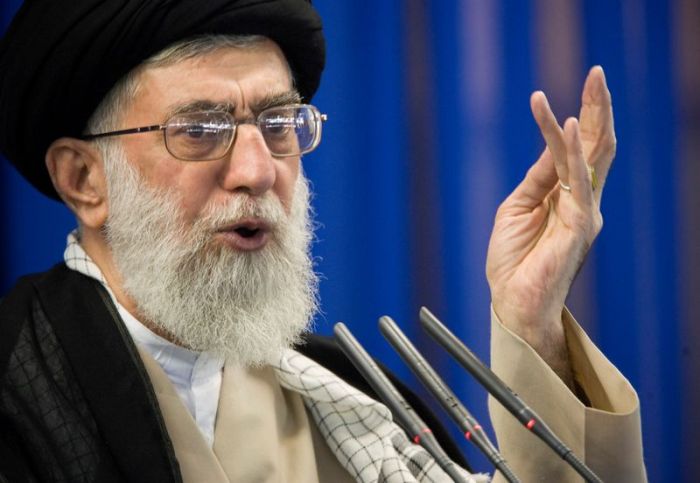NEW YORK/PARIS (Reuters) – U.S. jeweler Tiffany & Co has agreed with LVMH to slightly lower the price of its acquisition by the French luxury goods group, in a move set to end a legal dispute between the two, sources familiar with the matter said on Wednesday.
The sources told Reuters the two sides had agreed to lower the price of the $16 billion takeover to $131.5 per share from $135 per share, and that an announcement that the deal is therefore back on track could come on Thursday.
Representatives for LVMH and Tiffany declined to comment.
The new terms would mean a discount of $425 million for LVMH, led by billionaire businessman Bernard Arnault, or less than 3% of the initial deal price.
One of the sources said the new deal was likely to close in January, assuming it gains approval from Tiffany shareholders. Another source said that under the new agreement there would be no restrictions on Tiffany’s ability to pay dividends until the deal closes.
The initial deal ran into trouble last month when the French group said it could no longer complete the transaction by a Nov. 24 deadline.
It cited a French political intervention asking it to delay completing the acquisition until Jan. 6 due to a threat of new U.S. tariffs on French products, and also what it described as the jeweller’s “dismal” performance during the coronavirus crisis.
The two companies have been facing off in a Delaware court, with Tiffany seeking to force LVMH to honour the original deal. The case is scheduled to be heard in early January.
SMALL DISCOUNT
The Wall Street Journal earlier reported that the two parties were nearing an agreement to lower the takeover price to $131.5 per share, following weeks of acrimonious exchanges.
One of the sources told Reuters that Tiffany had recently approached LVMH with a more conciliatory tone.
This source said the worsening pandemic in Europe and the United States also played a role in bringing the two sides back to the negotiating table as business risks increase, and that discussions over Tiffany’s management under LVMH had been left for a later date.
Some analysts said they were baffled by the fact that LVMH appeared to have gone to great lengths to achieve what seemed a small discount to the original deal, although one source said LVMH would save on potentially costly legal fees by ending the dispute now.
“If confirmed, the magnitude of the price tweak would be odd. It is unclear to us why LVMH and its legal team would pursue the course of action they have done since early September to secure a minimal discount to the terms originally agreed,” said Flavio Cereda at brokerage Jefferies.
Cereda added however that the business rationale behind the deal remained solid and that Tiffany was “the perfect fit” for Louis Vuitton owner LVMH.
LVMH agreed to buy Tiffany last year in its biggest acquisition yet, betting it could restore the U.S. jeweller’s lustre by investing in stores and new collections.
The deal was designed to boost LVMH’s smallest business, the jewellery and watch division that is already home to Bulgari and Tag Heuer, and help it expand in one of the fastest-growing industry segments while also strengthening its U.S. presence.
New York-based Tiffany, immortalised in the 1961 movie Breakfast at Tiffany’s starring Audrey Hepburn and known for its signature pale blue boxes, retains a resonance as the go-to purveyor of engagement rings that only a handful of rivals can match.
(Additional reporting by Uday Sampath in Bengaluru Writing by Silvia Aloisi; Editing by David Holmes)

